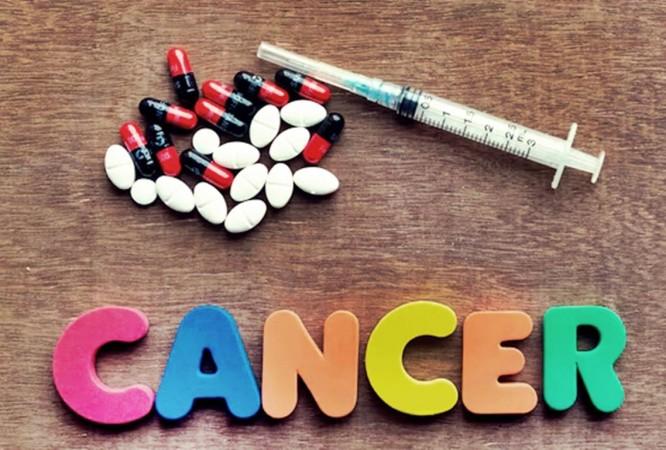
After custom duty exemption and a reduction in GST rates, the National Pharmaceutical Pricing Authority (NPPA) has now directed the drug manufacturers to reduce the MRP on three anti-cancer medications, the Ministry of Chemicals and Fertilisers said on Tuesday.
The NPPA in an office memorandum dated October 28 directed "the concerned manufacturers to reduce the MRP on three anti-cancer drugs, Trastuzumab, Osimertinib and Durvalumab".
"This is in line with the Government's commitment to ensure the availability of drugs at affordable prices," the ministry added.
In the Union Budget 2024-25, the government exempted customs duty on the three cancer drugs to reduce the financial burden of people suffering from cancer and also to facilitate accessibility. The government also slashed the GST rate from 12 per cent to 5 per cent on these three cancer medicines.
"Accordingly, there should be a reduction in MRP of these drugs in the market, and benefits of reduced taxes and duties should be passed on to the consumers," the memorandum said.
It further directed the manufacturers "to issue a price list or supplementary price list to the dealers, State Drugs Controllers, and the Government indicating changes and to submit information regarding a price change to NPPA through Form-II/ Form V".

While Trastuzumab Deruxtecan is used for breast cancer, Osimertinib is for lung cancer; and Durvalumab is for both lung cancer and biliary tract cancer.
Cancer cases are rising significantly in India. According to a Lancet study, India registered about 12 lakh new cancer cases and 9.3 lakh deaths in 2019 -- the second-highest contributor to the disease burden in Asia.
The number climbed to 13.9 lakh in 2020, which further soared to 14.2 lakh and 14.6 lakh in the years 2021 and 2022, respectively, the study showed.
(With inputs from IANS)














